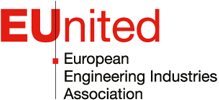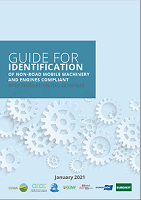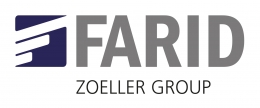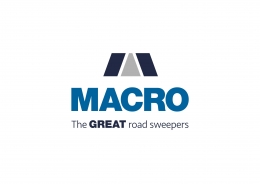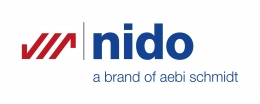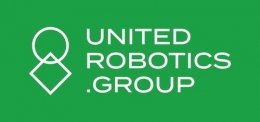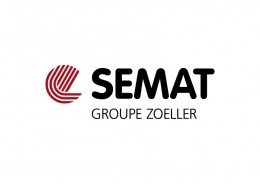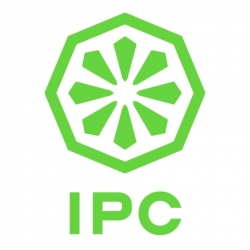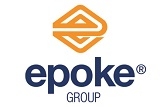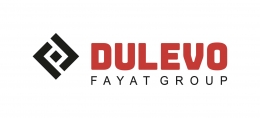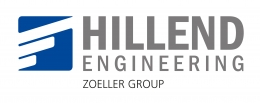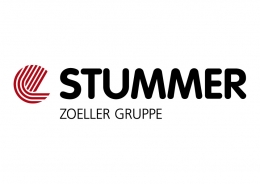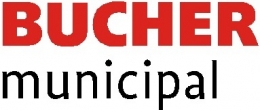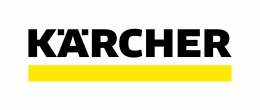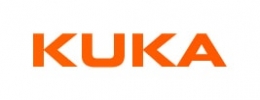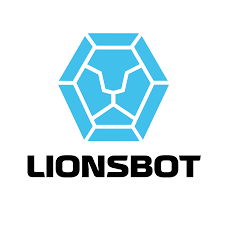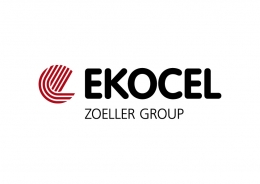
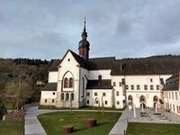
March 2019
Humans, robots, AI, and workplace of the future at the 3rd European Robotics Summit
The Eberbach Monastery, a historical Cistercian abbey in Eltville, was the host of the European Robotics Summit 2019 for the third time. Organized by EUnited Robotics, the summit has now established itself as the only interactive meeting of its kind designed specifically for key-players of the robotics industry in Europe and invited guests. Three major topics were the focus of this two-day event:

- Human Robot Collaboration and AI
- Humans and machines – reimagining work of the future
- Customer view – visions for the future
Active networking opportunities included: short walk in small groups; strolling wine-tasting tour and visiting the impressive rooms of the monks' cloister, the historical monastery vaults and the atmospheric wine  cellars. Participants also enjoyed a joint dinner and a joint lunch.
cellars. Participants also enjoyed a joint dinner and a joint lunch.
Throughout the event, high-caliber speakers delivered inspirational keynotes energizing participants and sparking fruitful discussions:
Prof. Oussama Khatib, Director of Stanford Robotics Lab at Stanford University, captured the audiences’ attention with an overview of “The Age of Human-Robot Collaboration” highlighting the development of intrinsically safe robotic systems that possess the requisite capabilities and performance to interact and work with humans. In his research, Prof. Khatib sets a strong focus on the design of human-friendly robotic systems based on robots with complex human-like structures.
Prof. Jens Lambrecht, Managing Director of GESTALT Robotics GmbH, presented a short introduction to artificial intelligence for robotics. Gestalt Robotics is a solution provider, tackling automation problems by developing customer specific robotics software with a focus on perception, cognition and interaction. Following prof. Lambrecht’s talk, participants moved on to a three-step Artificial Intelligence lab (AI lab), set up by  Gestalt Robotics, where they could program a simple do-it-yourself AI-based system to better understand the challenges and limitations that are faced.
Gestalt Robotics, where they could program a simple do-it-yourself AI-based system to better understand the challenges and limitations that are faced.
In parallel to the AI lab, Albert Groz, CEO of TruPhysics, introduced the approach of TruPhysics’ AI platform and shared insights on how simulation can be used to create training and evaluation data for grasping tasks. TruPhysics was founded in Stuttgart in 2015 with the vision to enable robots to understand our world and to support mankind in their daily operations both in private as well as in business environments.
Second day of the event started with a recap of what was done on the first day followed by an impulse statement of Dr. Ulrich Zierahn, Senior Researcher at the Department for Labor Markets and Human Resources of the ZEW, the Leibniz Centre for European Economic Research. He provided valuable insights into the changing labor markets and the effects of digitalization and automation on employment, task-structures, wages, and polarization in Germany, the European Union, and at OECD level. Dr. Zierahn highlighted the fact that we should worry less about the number of jobs, but more about how to manage the transition.
Naomi Climer CBE, FREng Co-Chair of the Institute for the Future of Work in London, presented an overview on examining and responding to Future of Work challenges of the fourth industrial revolution.
An expert panel discussion followed, including:
- Naomi Climer
- Prof. Bruno Sicilano, Director of the PRISMA Lab in the Department of Computer and Systems Engineering at University of Naples Federico II and active advocate of promotion of education and public awareness in robotics technology
- Dr. Ulrich Zierahn
- Patrick Schwarzkopf, Director of EUnited Robotics
- Dr. Susanne Bieller, Robotics Sector Manager at EUnited
- the participants of the summit (joining the discussion for a limited time)
Focus of the discussion was on reimagining the work of the future in light of humans and machines, AI and digital transformation of the labor market. Implications of this transformation along with issues like, skilled staff, education, and job training were among some of  the points raised. The audience had the opportunity to join the panel for a certain period of time, ask questions and state their point of view.
the points raised. The audience had the opportunity to join the panel for a certain period of time, ask questions and state their point of view.
Dr. Michael Zürn, Senior Manager Process Development, Body-in-white Technology at Mercedes-Benz Cars, shared the visions of the automotive plant of the future and explained how collaborative robots, AGVs and wearables will radically change manufacturing paradigms.
Denis Niezgoda, Robotics Accelerator Lead at DHL talked about how flexible and mobile robots are starting to reinvent a (mostly) manual industry. The first robots are already used daily at DHL, and DHL is testing new supply chain solutions in selected warehouses.
At the end of the summit participants split into three groups where each group worked on one of the three topics under discussion and summarized their take on it.
EUnited Robotics will issue a final communiqué which will comprise of two sections: an internal one at the disposal of the participants, and a public one that will be used to communicate the position of the European robotics industry towards policy makers.
Industrious Brussels EU District, Avenue des Arts 6-9, 1210 Brussels, Belgium, +32 490 57 57 65
Transparency Register number: 0289344948-82
